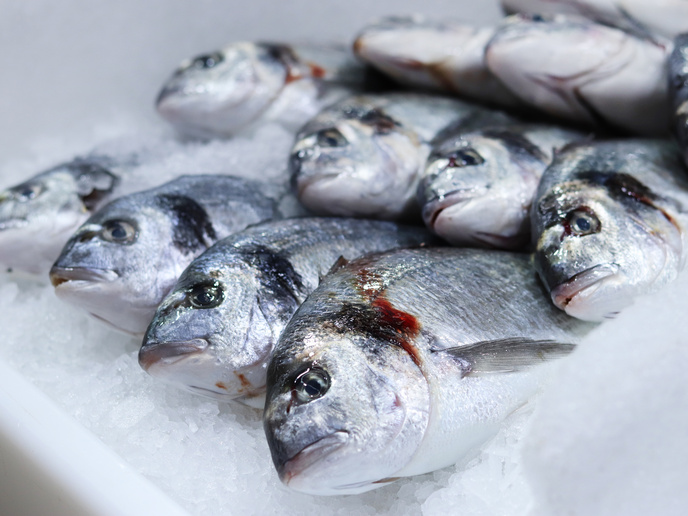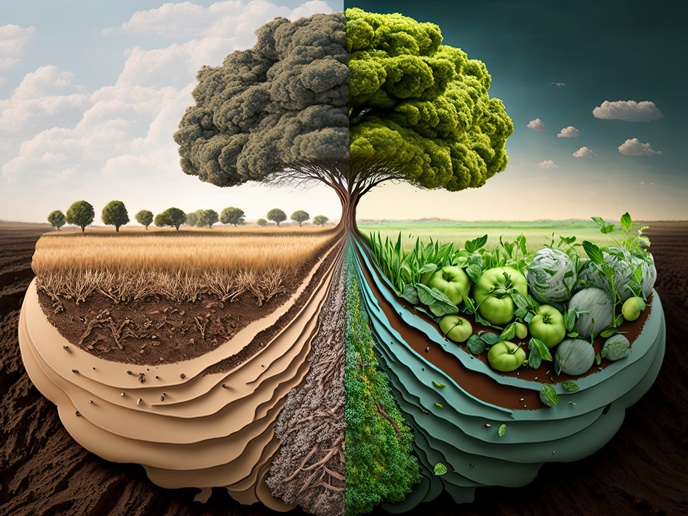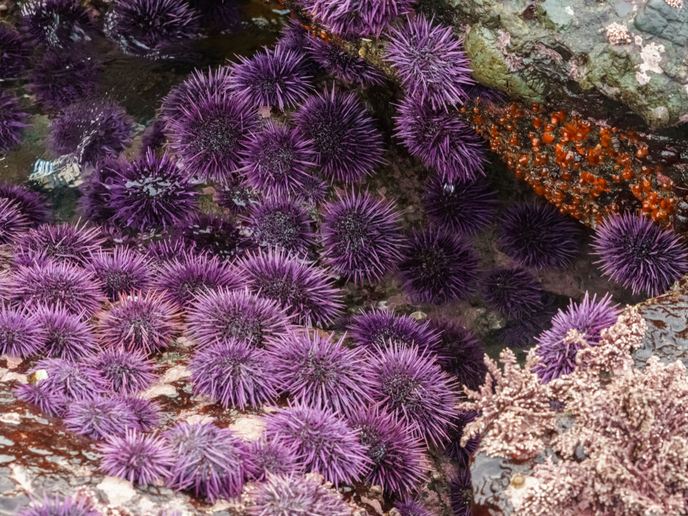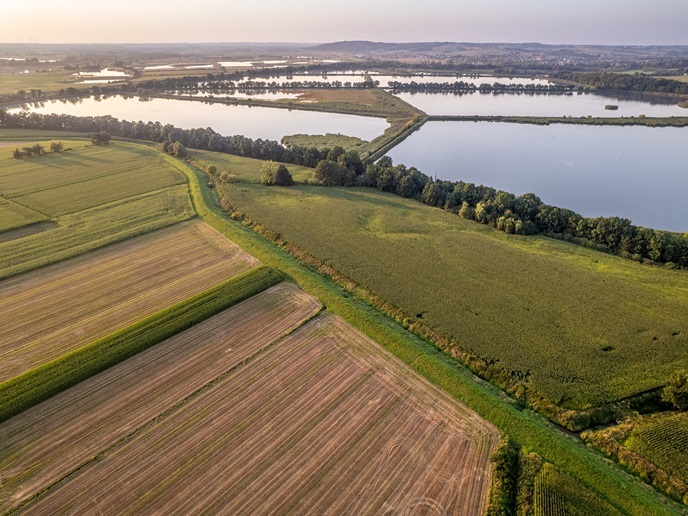What impact does fishing have on evolution?
If the trait that helps the fish avoid being caught has some genetic basis, capture fisheries may actually be causing some evolutionary change in the traits present in the remaining population, similar to how wild predators cause evolutionary change in their prey. This process is referred to as fisheries-induced evolution. Heavily exploited fish populations seem to be experiencing evolutionary changes including smaller sizes at maturation, but it is still not clear if this shift comes from an evolutionary response or an indirect effect due to the changes in the environment. One such example is a reduction of the fish population density and competition for food. It is important to distinguish between these causes. This is because an evolutionary response due to fishing can be a slow process but difficult to reverse, since permanent genetic changes may have already occurred in the population. An environmental response, on the other hand, may occur faster but might also be more quickly reversed if the environment can somehow be restored to its original state. Trawling impacts Undertaken with the support of the Marie Curie programme, the EU-funded DIFIE project looked at how to better understand how fishing can cause evolutionary changes in fish populations. Specifically, is it the fishing itself that selects for traits in the fish that escape our attempts to catch them? Or, is it the fact that overfishing changes the environment so much that the surviving fish are then exposed to differing evolutionary pressures in their habitat? “In the latter case, we were specifically interested in the effect that decreased population density has on the traits expressed by fish within the remaining population,” says Marie Curie Research Fellow Dr Amelie Crespel. Researchers conducted laboratory experiments that simulated fishing activity and discovered that trawling tends to remove the faster growing, slower swimming fish, and those that are more social. These traits all displayed heritability between generations of fish, suggesting that fishing can induce evolution of the population for these traits. Population density effect One of the greatest challenges facing scientists was creating a method for simulating trawling at a scale that could be replicated in a laboratory environment. Furthermore, scientists measured each fish in the study for many different physiological, behavioural, and morphological traits over two generations. Dr Crespel comments: “This gave us an extremely comprehensive and integrated picture of how fishing and population changes affect fish traits.” Results revealed that the population density did not affect the direction of the selection, but interestingly, did affect the strength of heritability and genetic relationships among the traits. “It appears that while fishing can directly cause wild fish populations to evolve, the size of the population will also affect how quickly evolution will take place and the magnitude of any trait changes,” explains project coordinator Dr Sean Killen. Documenting how targeted populations may change or evolve in their physiology and behaviour is therefore important for better understanding the full impact of fishing activities. “DIFIE will help us achieve more sustainable management of fisheries, by working towards fishing strategies that minimise the evolutionary impacts that we are having on wild populations,” Dr Killen concludes.







